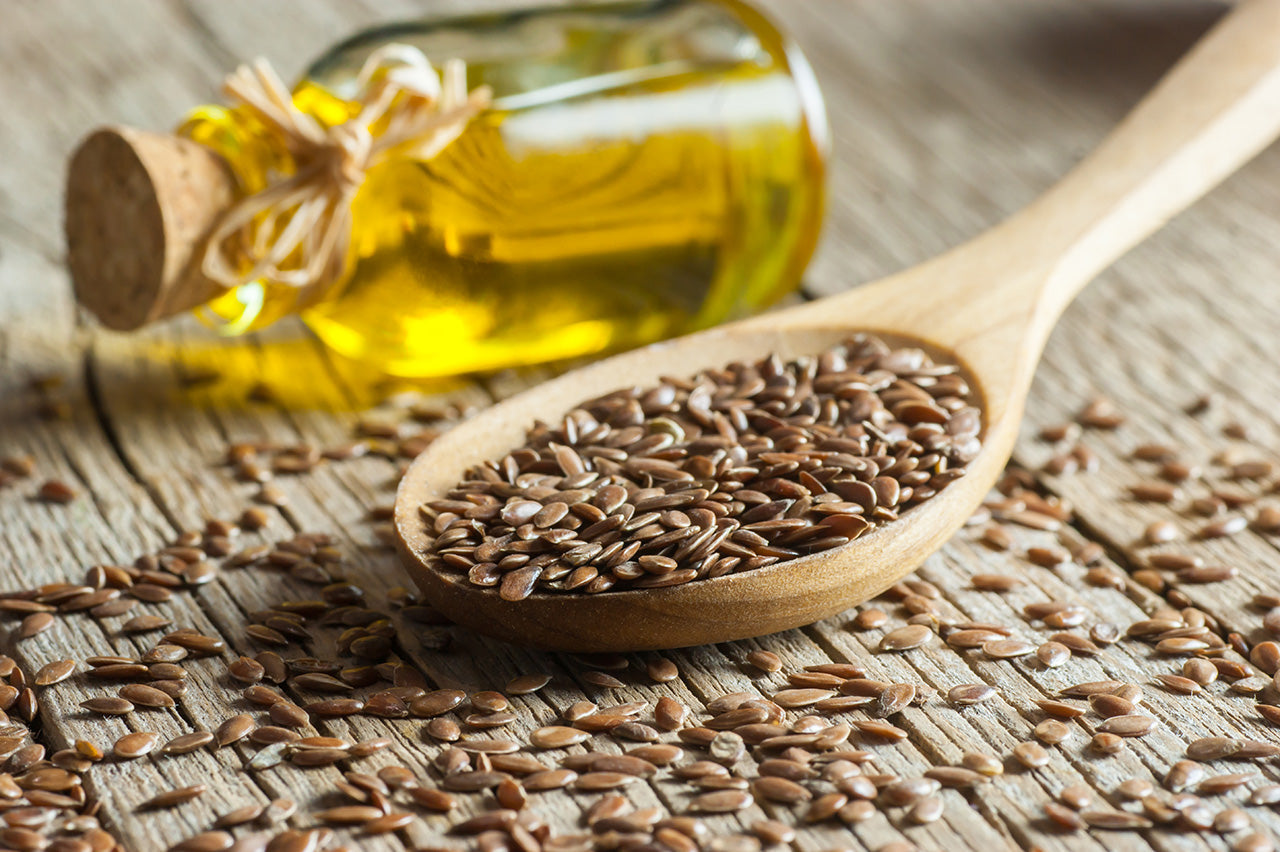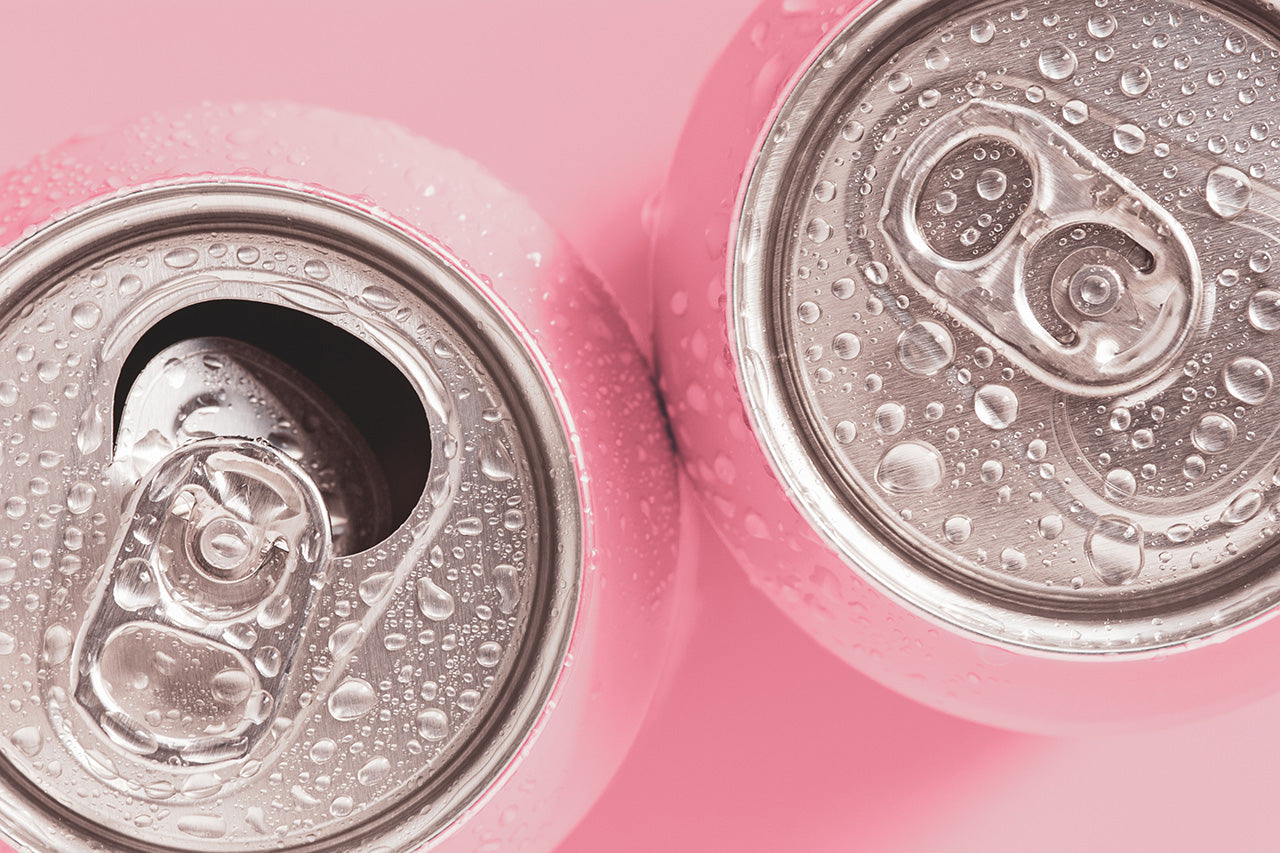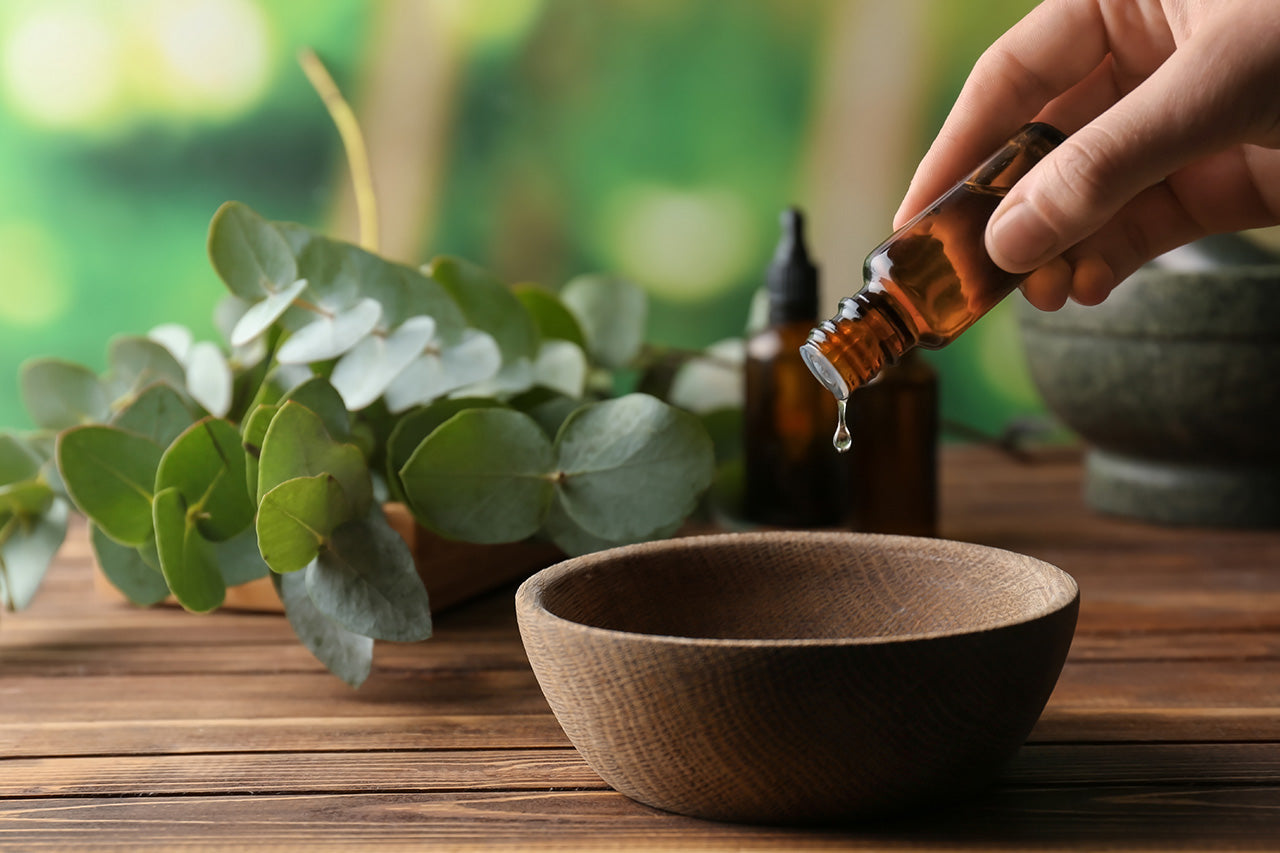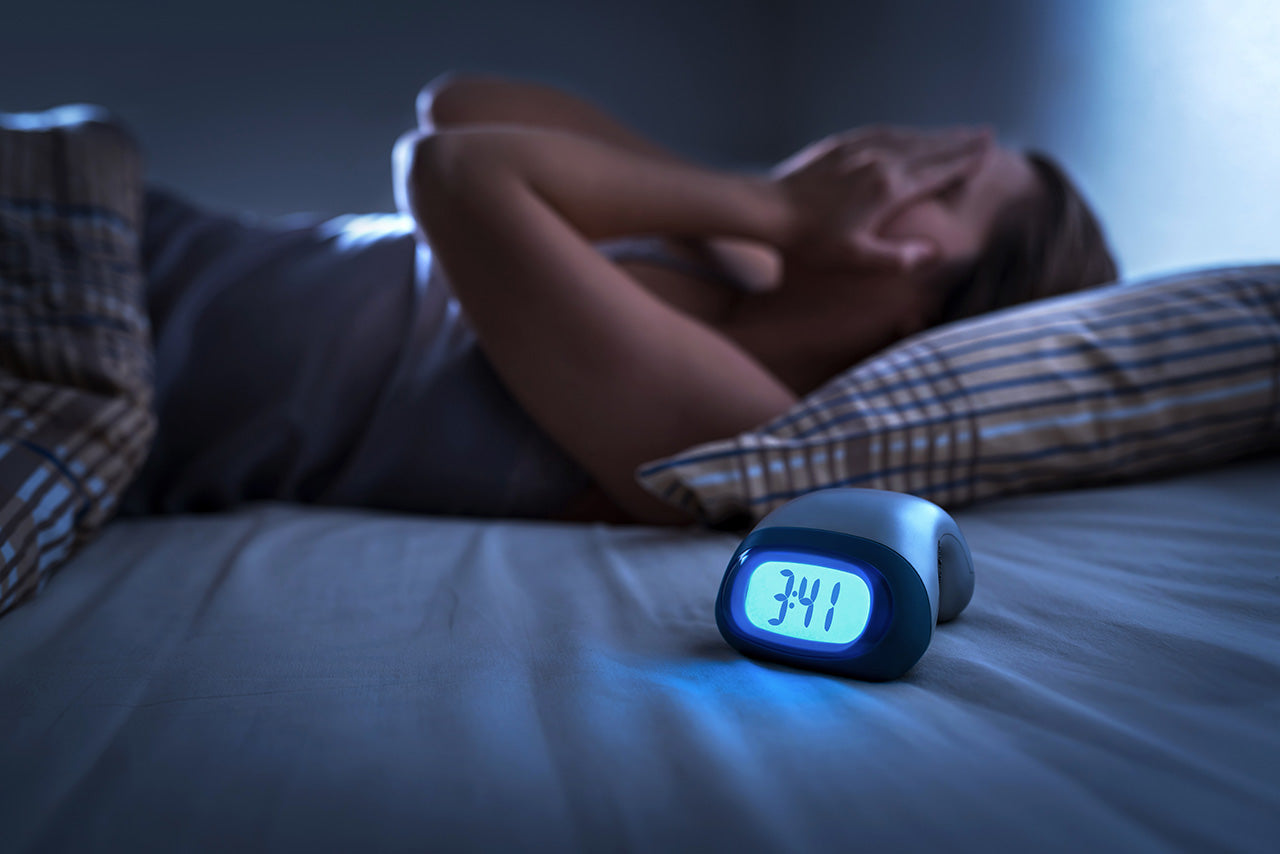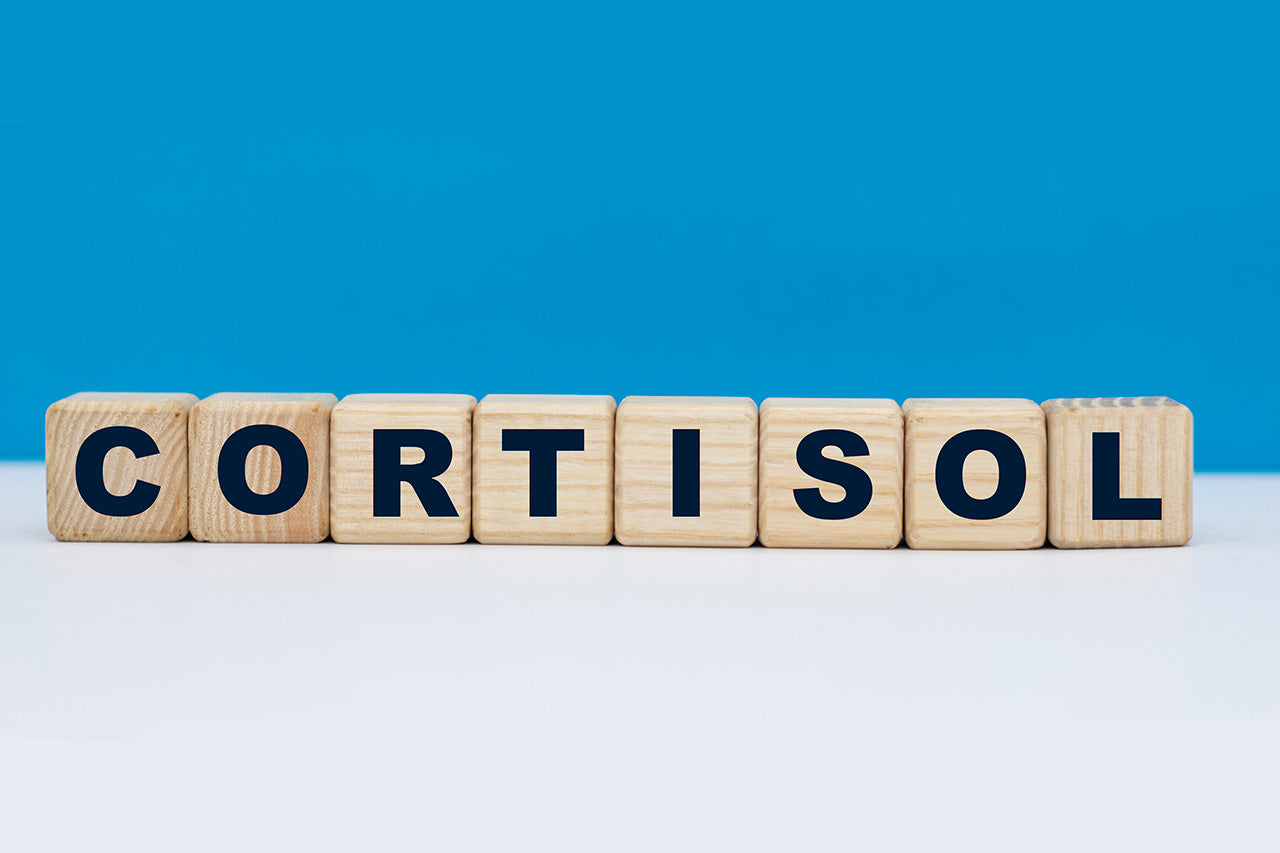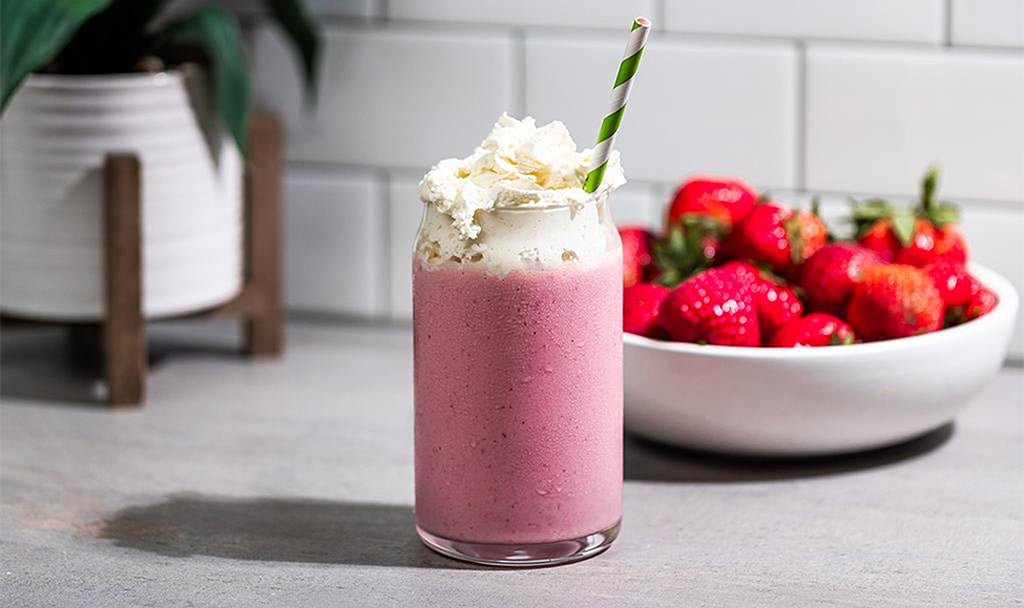
WELLNESS
Trend Talk: Our Nutritionist Unpacks "Cortisol Face"

If you’ve noticed “Cortisol Face” making the rounds on social media, you’re not alone. This term, often trending on platforms like TikTok and Instagram, refers to changes in facial appearance attributed to high cortisol levels, a hormone closely tied to stress.
From influencers speculating about puffiness and dark circles to health enthusiasts sharing tips to “reduce cortisol naturally,” this phenomenon has sparked widespread discussion.
But what exactly is cortisol face, and should you actually be concerned?
To help sort fact from fiction, Flavor & Fettle’s in-house nutritionist and dietician, Karen Zinka, is here to help. With her expertise and practical perspective, she’ll explore the claims, explain the science, and offer tips on how (or if) to incorporate this trend into your lifestyle. Read her thoughts on the trend below.
What is “Cortisol Face”?
“Cortisol face” is an informal term used to describe visible changes in one’s facial appearance, thought to result from prolonged exposure to high cortisol levels.
Cortisol, often dubbed the "stress hormone," is produced by the adrenal glands and plays a crucial role in regulating the body’s response to stress, metabolism, immune function, and more.
However, when cortisol levels remain elevated over extended periods, it can lead to physical signs, including:
- Facial puffiness: Water retention caused by cortisol can lead to a swollen or puffy appearance.
- Dark circles or dull skin: Chronic stress may impair sleep and reduce blood flow to the skin, leading to under-eye discoloration and lackluster complexion.
- Breakouts or acne: Cortisol can increase oil production, clogging pores and triggering acne.
- Premature aging: Elevated cortisol levels are linked to collagen breakdown, which can result in wrinkles or sagging skin.
Why Is Everyone Talking About Cortisol Face?
The term “cortisol face” began gaining traction on social media as people started linking their stressed lifestyles to changes in their appearance. TikTok videos under hashtags like #CortisolFace and #StressSkin have amassed millions of views, with creators sharing their personal experiences and offering tips to combat stress-induced skin issues.
Beyond vanity, the trend has sparked a deeper conversation about the impact of chronic stress on overall health.
What’s intriguing is the overlap between skincare culture and holistic wellness, both of which are booming trends. As consumers become increasingly aware of the mind-body connection, terms like “cortisol face” resonate, blending aesthetics with genuine health concerns.
Cortisol: The Stress Connection
To understand cortisol face, we need to delve into the broader role of cortisol in the body. Cortisol is released during the “fight or flight” response, preparing your body to handle immediate stress. However, in today’s world of constant deadlines, poor sleep, and fast-paced living, this stress response can remain switched on, leading to:
- Stress-Induced Inflammation: Chronic cortisol elevation can trigger inflammation, impacting skin health and overall well-being.
- Poor Sleep: High cortisol levels can interfere with melatonin production, disrupting sleep patterns and preventing restorative rest, which is crucial for skin repair.
- Unhealthy Diet Choices: Stress often leads to cravings for high-sugar or high-fat foods, which can exacerbate inflammation and skin issues.
- Lifestyle Factors: Sedentary habits, lack of exercise, and overreliance on caffeine or alcohol can further elevate cortisol levels, creating a vicious cycle.
Trend or Truth?
Should You Be Concerned About Cortisol Face?
The idea of cortisol face might be alarming, but it’s important to view it as a wake-up call rather than a reason to panic. Chronic stress doesn’t just affect your appearance, it impacts your heart, immune system, digestion, and mental health. Addressing the root cause of stress is far more important than focusing solely on how it manifests on your face.
How to Manage Cortisol Levels
- Improve Sleep Hygiene: Prioritize 7-9 hours of quality sleep by maintaining a consistent bedtime, reducing screen time before bed, and creating a calming nighttime routine.
- Practice Stress-Relief Techniques: Activities like yoga, meditation, and deep breathing exercises can lower cortisol levels and promote relaxation.
- Adopt a Balanced Diet: Incorporate foods rich in magnesium, omega-3 fatty acids, and antioxidants to support hormonal balance. Avoid excessive caffeine, sugar, and processed foods.
- Exercise Regularly: Physical activity can lower cortisol levels over time. Opt for moderate exercises like walking or cycling if you're feeling particularly stressed.
“Cortisol face” may be a trendy term, but it highlights a real concern: the impact of chronic stress on our bodies and lives. While social media amplifies its visual aspects, the underlying message is clear: managing stress is crucial for both your inner and outer well-being.
Rather than fixating on the mirror, focus on holistic practices that nurture your mental health, diet, and lifestyle.















